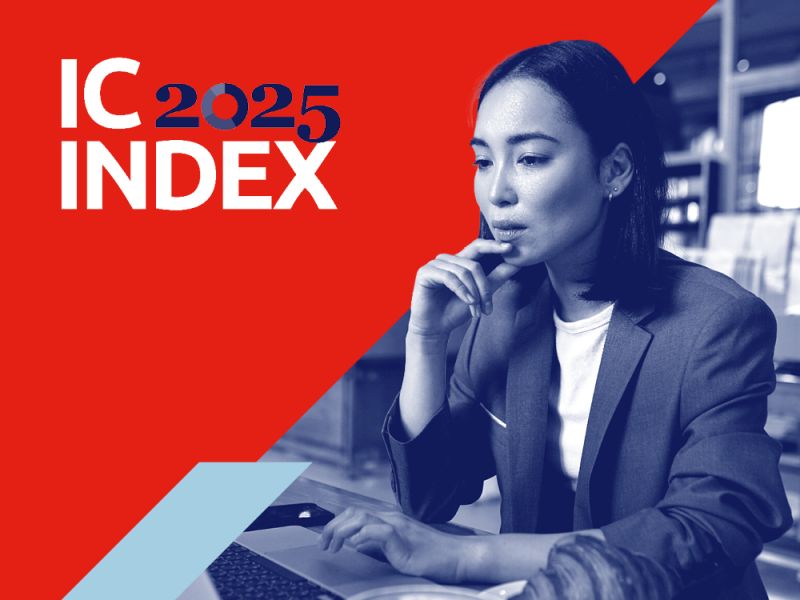Latest insights

The listening landscape: mapping your organisation’s maturity
When it comes to employee listening, there isn’t a one-size-fits-all approach. The key is understanding your organisation’s readiness – both to listen and to act
Read more
Survey’s done – now what? The moment that counts and how not to waste it
No matter how much effort you put into promoting and communicating about your survey, it can all be undone by what happens afterwards.
Read more
Creating an employee experience report every executive wants to read
You spent weeks putting together a report on your annual engagement survey and shared it with your execs. But, months later, nothing seems to have come from it. Sound familiar?
Read more
IC Index 2025: leading with care and connection
The IC Index 2025 is rich with data, insights and real-world implications that highlight the need for empathetic, honest and clear communication. In other words: the human touch.
Read more
Alchemy in action: the magic of blended analytics
Want deeper insights, faster? Data Science Lead Chris Broome explores how combining data sets builds a much richer picture.
Read more
Beyond the invite: why survey communications matter
As part of our Steps to Survey Success series, Head of Creative Strategy Rachy McKenzie discusses the importance of survey communications campaigns.
Read more
Employee listening is only as good as the questions you ask
As part of our Steps to Survey Success series, Senior Consultant Miles Crosby encourages us to question the questions.
Read more
The perfect fit: why you should tailor your employee listening solution
In the first of our Steps to Survey Success series, Consulting Director Josh Reed goes back to basics to look at getting the foundations right.
Read more